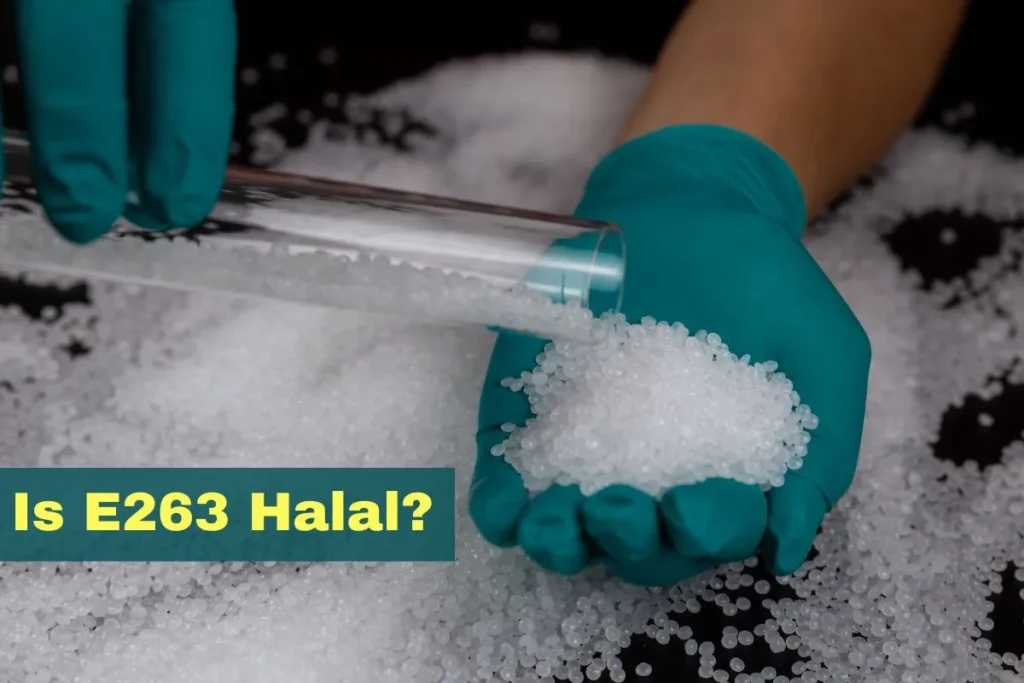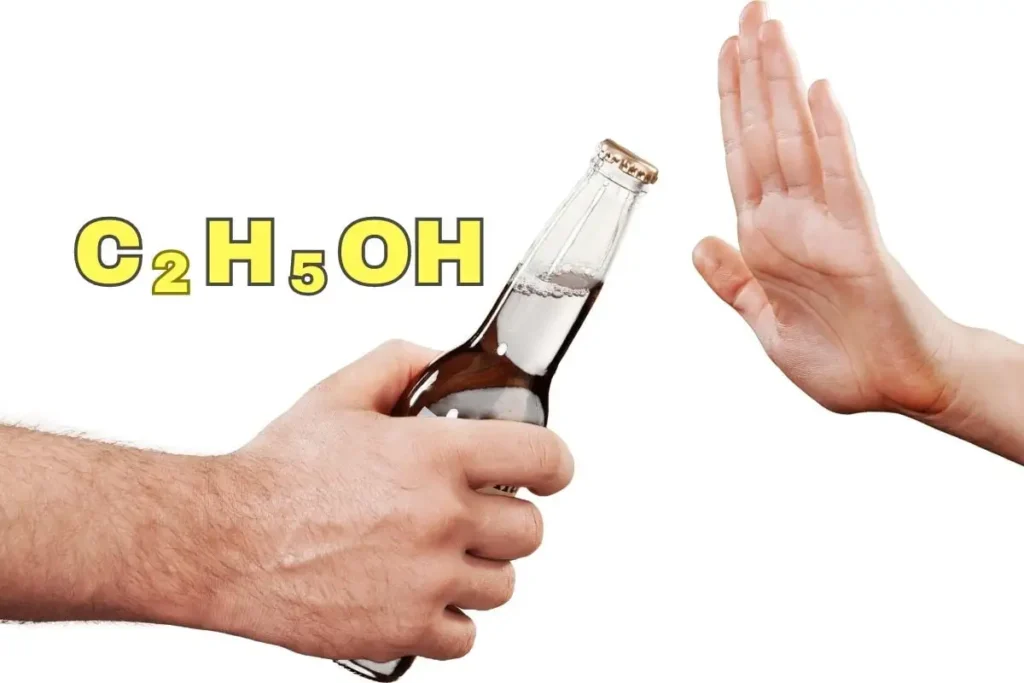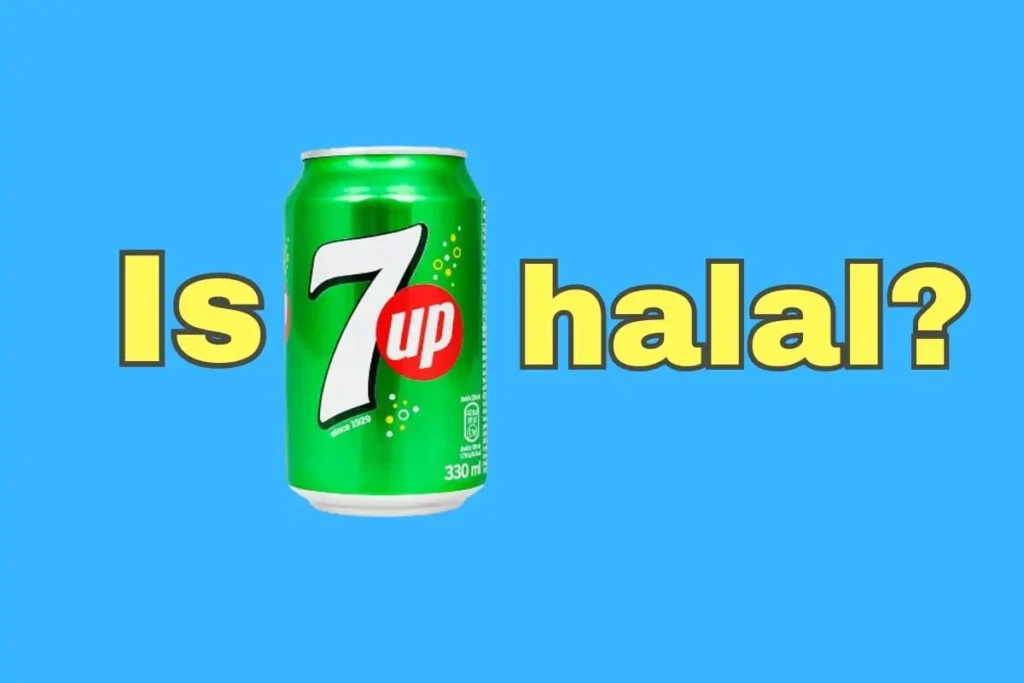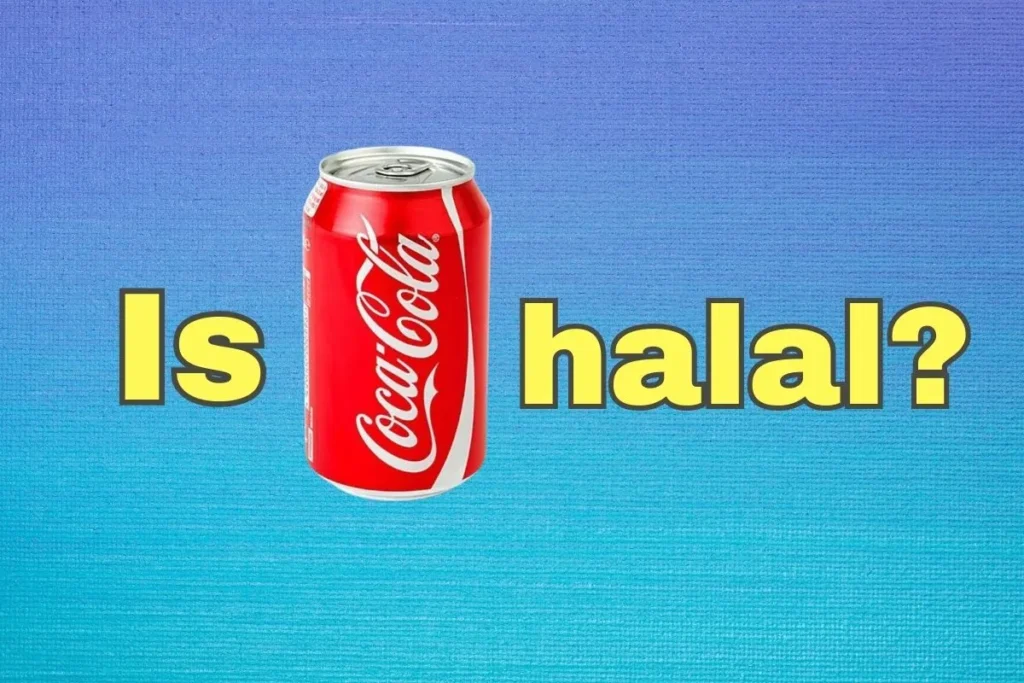Hello there! If you’ve ever wondered about E263 and its Halal status, you’re in the right place. Let’s dive deep into understanding what E263 is, its chemical structure, and its implications in the food industry.
Ready? Let’s get started!
Belangrijkste leerpunten
| 📌 E263, also called Calcium Acetate, is a chemical used in food. It’s made from a reaction between calcium carbonate (found in eggshells or rocks) and vinegar. |
| 📌 It’s considered halal, meaning it follows Islamic dietary laws. |
| 📌 It’s also considered safe in the right amounts and is often used in candies and tofu. |
What is E263?
E263, also known as Calcium Acetate, is a chemical compound that is a calcium salt of acetic acid. Its formula is Ca(C2H3O2)2. Commonly referred to as calcium acetate, it’s also known by the systematic name, calcium ethanoate. An older term for it is “acetate of lime”.
The anhydrous form of E263 is very hygroscopic, which means it attracts and holds water molecules from the surrounding environment. Hence, the monohydrate (Ca(CH3COO)2•H2O) is the more commonly found form.
Chemische structuur
The chemical formula for E263 is C4H6CaO4. It appears as a white solid and has a slight acetic acid odor. When it comes to its solubility, it’s slightly soluble in methanol and hydrazine but insoluble in substances like acetone, ethanol, and benzene.
What Is E263 Made From?
E263 can be prepared by soaking calcium carbonate, which can be found in eggshells or common carbonate rocks like limestone or marble, in vinegar. The chemical reactions are as follows:
- CaCO3(s) + 2CH3COOH(aq) → Ca(CH3COO)2(aq) + H2O(l) + CO2(g)
- Ca(OH)2(s) + 2CH3COOH(aq) → Ca(CH3COO)2(aq) + 2H2O(l)
Mogelijke bijwerkingen
In cases of kidney disease, high blood levels of phosphate, known as hyperphosphatemia, can lead to bone problems. Calcium acetate, or E263, binds to the phosphate in the diet, helping to lower blood phosphate levels.
Regelgeving en richtlijnen
E263 is used as a food additive, acting as a stabilizer, buffer, and sequestrant. It’s mainly found in candy products under the number E263. It is authorized by the European Union (EU) and belongs to “Additives other than colors and sweeteners” and is classified in “Group I”.
Dosering en administratie
Sodium acetate is generally recognized as safe (GRAS) and can be used as a flavoring agent, adjuvant, and pH control agent in food. The maximum usage of sodium acetate in food is 3,000 mg/kg according to the European Union regulations.
Is E263 Halal or Haram?
Gelijkwaardig aan E262, the additive E263 is also categorized as halal, given that it does not originate from any ingredients that contravene Islamic law.
You can confidently partake in products containing this additive, ensuring there are no underlying health issues or complaints.
Meer te weten komen:
Is E264 Halal of Haram?
Conclusie
E263’s presence in various food products, particularly in candies and tofu, underscores its versatile role. As we conclude our exploration, it’s evident that understanding the nuances of food additives like E263 empowers us to make informed choices while embracing diverse dietary preferences.
So, the next time you encounter E263 in your favorite treats, you can do so with confidence, knowing it aligns with your dietary and safety considerations. As with any ingredient, knowledge is the key to a flavorful and informed culinary journey.
Allahu A'lam (Allah weet het het beste)
FAQ
What is the source of E263?
The primary source of E263 is the reaction between calcium carbonate and acetic acid.
Is E263 safe for consumption?
Yes, when consumed within the recommended dosage, E263 is safe. However, always consult with a healthcare professional if you have concerns.
What are some common food products that contain E263?
E263 is mainly found in candy products and is also used in the production of tofu as a coagulant.
What is the CAS number of E263?
The CAS number for E263 is 62-54-4.
Is E263 banned in any country?
As of now, E263 is not banned in any country. However, regulations might vary, so it’s essential to check local guidelines.





